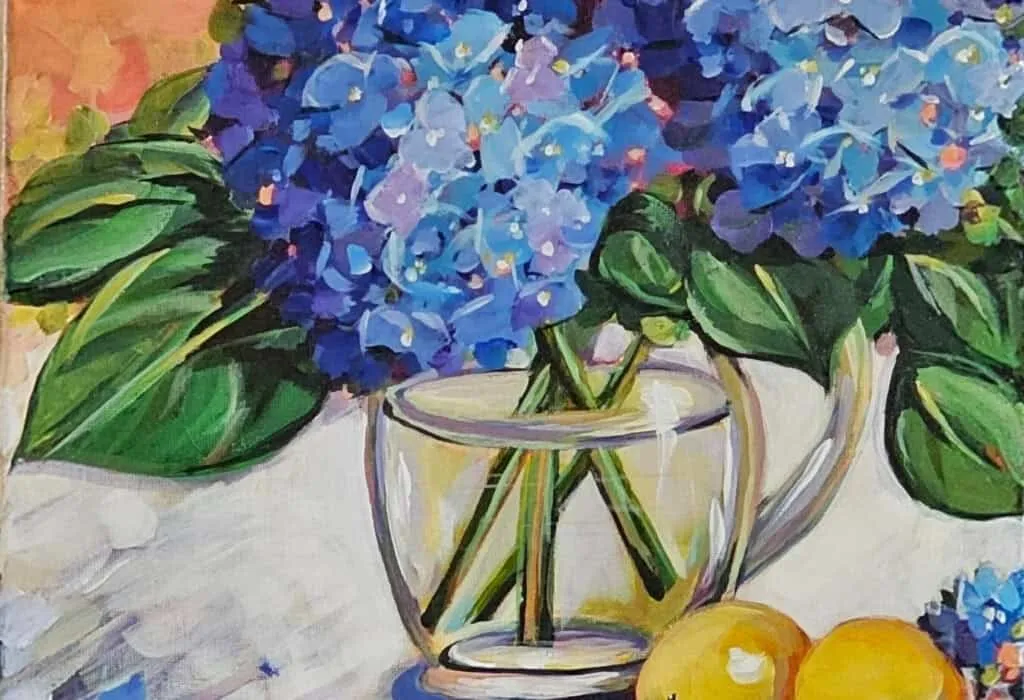You’re a fiction writer in the final stretch, and your manuscript is almost ready to meet readers.
I see you, pouring your heart onto the page, revising it again and again, and you want it to be its best. But maybe you’re second-guessing yourself:
Did I say it the way I meant it?
Is the magic I’m feeling coming through?
Does my story resonate the way it deserves?
If this is you, take a breath. You’re in the right place. I believe in your words. Because your words aren’t just words—they’re the bridge between your heart and the world.
Why Every Word Matters
In today’s noisy world, it’s easy to believe your story must shout to be heard. That faster is better … that quantity matters more than quality.
But storytelling has never been about noise or speed. It’s about resonance.
The best stories—the ones that stay with us long after we close the book—aren’t necessarily the ones with the flashy plot or the clever twists. They’re the ones that make us feel something.
They’re the quiet lines that crack open something inside us. The small moments that widen into something vast. Every word you choose matters. Not out of perfectionism. Not to impress.
Careful, intentional language can elevate the simplest story into something unforgettable.
When you approach writing this way—with attention, not anxiety—you’re not just telling a story.
You’re offering readers a place to land, to wonder, to belong.
How Thoughtful Editing Lifts Your Storytelling
Editing is often mistaken for correction. As if its only purpose is to hunt down mistakes or fix what’s wrong.
But truly thoughtful editing? That’s about revealing the heart of your work.
Think of your draft as a block of marble.
The shape you’re after—the truth of what you want to say—is already inside.
Editing is the careful work of carving away everything that doesn’t need to be there, allowing the real beauty to emerge.
When you view editing as part of your creative process—not something separate or shameful—you give yourself permission to:
- Keep your voice intact while sharpening it.
- Strengthen your imagery without losing your authenticity.
- Clarify your meaning without flattening your style.
- Shape the rhythm of your prose so it flows with natural ease.
It’s not about following a checklist. It’s about listening closely—to your words, to your instincts, and to the heartbeat of the story you’re trying to tell.
Editing isn’t the opposite of creativity. It’s the next brushstroke on your masterpiece.
Practical Next Steps: Refining with Intention
If you want your editing process to feel more like art-making and less like drudgery, here’s where to start:
1. Slow Down
When you review your draft, resist the urge to plow through. Linger. Listen to the music of your sentences. Where do they sing? Where do they stumble?
2. Read Aloud
Reading your work aloud forces you to experience the rhythm. You’ll catch awkward phrasing, missing beats, and find hidden gems you didn’t even know you wrote.
3. Ask Better Questions
Instead of asking, “Is this right?” ask:
- Does this sentence feel alive?
- Does this paragraph build the right emotional energy?
- Is my voice coming through clearly here?
4. Honor What’s Already Strong
Editing isn’t just about trimming or fixing. It’s about spotlighting your strongest moments too. Lean into the phrasing, imagery, and voice that already glow. A careful reader—like a final-stage editor—can help you notice these moments you might overlook, without changing your story.
Your Words Are Worth It
You don’t have to write faster.
You don’t have to write louder.
You don’t have to twist yourself into someone else’s version of a “successful” writer. You just have to be willing to tend your own garden of words—with patience, with attention, and with love.
When you treat your words as art, you elevate not only your writing, but the experience you offer your readers.
You are turning reading into feeling.
You are bringing sentences alive.
Keep shaping.
Keep trusting.
Your words are becoming something beautiful.
And if you want your manuscript handled with care before meeting readers, I work with fiction writers in that final stretch—helping it read clear, clean, and true to the story you’ve put heart and soul into.


